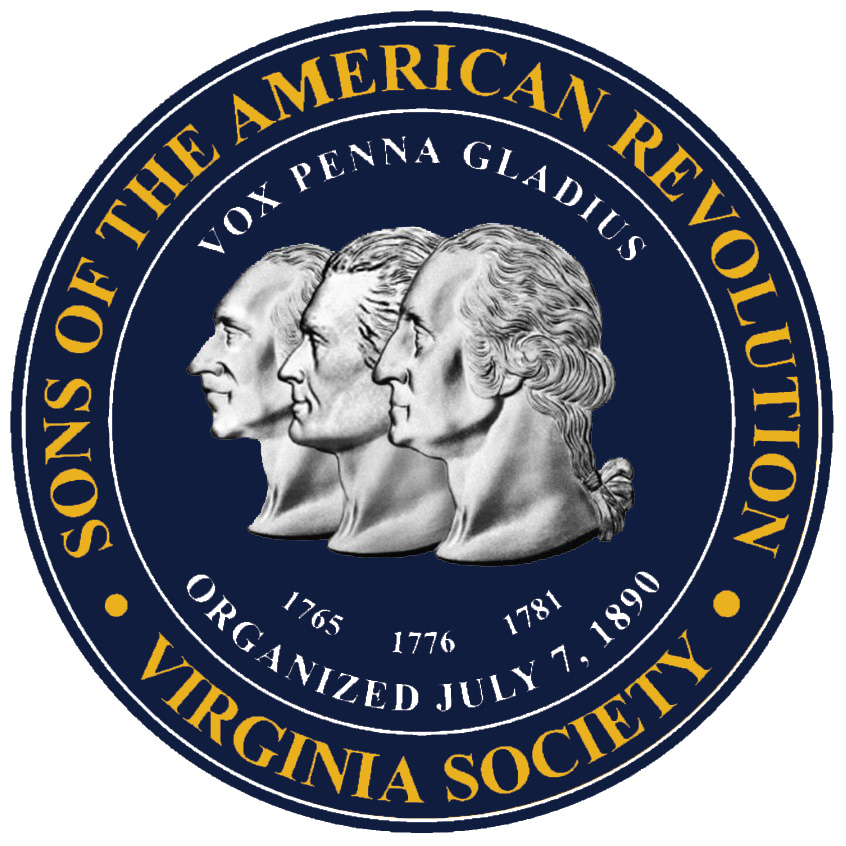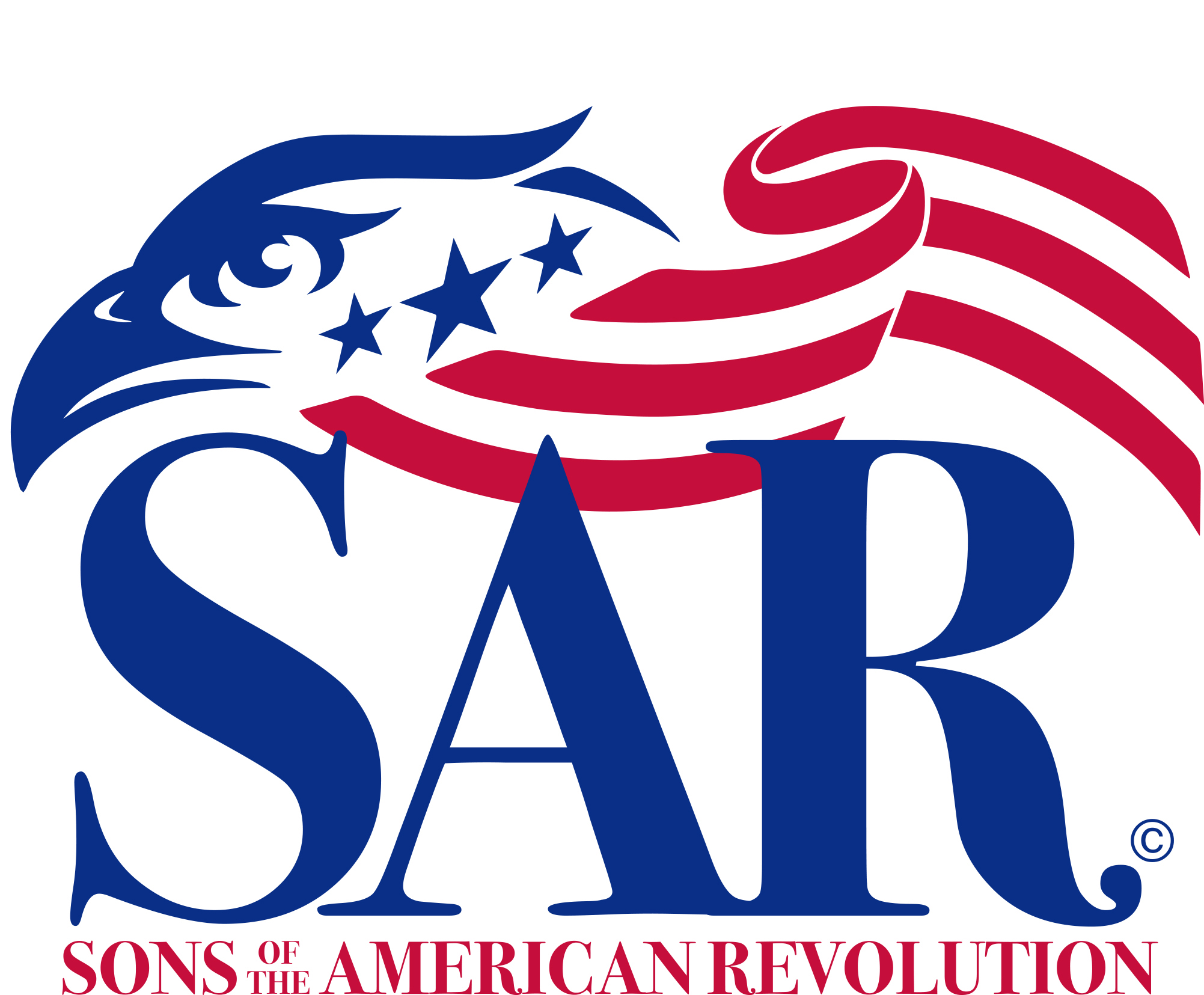The First Continental Congress
The First Continental Congress was a meeting of delegates from 12 of the 13 American colonies that took place in Philadelphia from September 5 to October 26, 1774. The meeting was held in Carpenters' Hall and was a response to the growing British oppression of the colonies.
The First Continental Congress had several notable outcomes, including:
- Declaration of Rights and Grievances. The delegates adopted a declaration that outlined the colonists' rights as Englishmen, including life, liberty, property, and trial by jury. The declaration also denounced taxation without representation.
- Continental Association. The delegates agreed to form the Continental Association, which called for a suspension of trade with Great Britain.
- Petition to King George III. The delegates drafted a formal petition to King George III that outlined the colonists' grievances.
- Non-importation agreement. The delegates agreed to enter into a non-importation, non-consumption, and non-exportation agreement.
The First Continental Congress included many prominent colonial leaders, such as George Washington, Patrick Henry, John Adams, Samuel Adams, and John Jay. Peyton Randolph of Virginia was elected as the president of the Congress.
Historian General's Note | Merchandise
As part of the SAR's Decade of the American Revolution, we have focused on themes and celebration of these important events including:
- 1773–2023 The Boston Tea Party
- 1774–2024 The First Continental Congress
- 1775–2025 The Battles of Lexington and Concord
- 1776–2026 The Battle of Princeton and Valley Forge
- 1777–2027 The Battle of Saratoga
- 1778–2028 The French Alliance
- 1779–2029 The Siege of Vincennes or Fort Sackville Battle of Kettle Creek
- 1780–2030 Battle of Kings Mountain
- 1781–2031 Siege of Yorktown
- 1782–2032 Battle of Blue Licks
- 1783- 2033 Treaty of Paris
Historian General's Note
(first published on September 5, 2024)
Compatriots,
Today is the 250th Anniversary of the First Day of the First Continental Congress, which occurred on September 5, 1774, at Carpenters' Hall in Philadelphia, PA.
The U.S. Postal Service held a dedication ceremony today on the steps of Carpenters' Hall for the First Day of Issue of the new First Continental Congress Forever stamp. The National SAR Color Guard led the presentation of colors and the National Society was represented by Secretary General Michael Elston, who provided remarks during the ceremony.
THIS WEEK IN THE FIRST CONTINENTAL CONGRESS
The first prayer of the Continental Congress was offered on September 7, 1774, at 9:00am, by the Reverend Jacob Duché, Rector of Christ Church of Philadelphia, PA. The motion regarding prayers in Congress was adopted on September 6 and Duché's appearance occurred the following day. Duche opened the session with a reading from the 35th Psalm, followed by an extemporaneous prayer. The prayer had a profound effect on the delegates, as recounted by John Adams to his wife.
O Lord our Heavenly Father, high and mighty King of kings, and Lord of lords, who dost from thy throne behold all the dwellers on earth and reignest with power supreme and uncontrolled over all the Kingdoms, Empires and Governments; look down in mercy, we beseech Thee, on these our American States, who have fled to Thee from the rod of the oppressor and thrown themselves on Thy gracious protection, desiring to be henceforth dependent only on Thee.
To Thee have they appealed for the righteousness of their cause; to Thee do they now look up for that countenance and support, which Thou alone canst give. Take them, therefore, Heavenly Father, under Thy nurturing care; give them wisdom in Council and valor in the field; defeat the malicious designs of our cruel adversaries; convince them of the unrighteousness of their Cause and if they persist in their sanguinary purposes, of own unerring justice, sounding in their hearts, constrain them to drop the weapons of war from their unnerved hands in the day of battle!
Be Thou present, O God of wisdom, and direct the councils of this honorable assembly; enable them to settle things on the best and surest foundation. That the scene of blood may be speedily closed; that order, harmony and peace may be effectually restored, and truth and justice, religion and piety, prevail and flourish amongst the people.
Preserve the health of their bodies and vigor of their minds; shower down on them and the millions they here represent, such temporal blessings as Thou seest expedient for them in this world and crown them with everlasting glory in the world to come. All this we ask in the name and through the merits of Jesus Christ, Thy Son and our Savior. Amen.
John Adams recounted the prayer in a letter to his wife dated 16 September 1774:
"When the Congress first met, Mr. Cushing made a Motion that it should be opened with Prayer. It was opposed by Mr. Jay of New York and Mr. Rutledge of South Carolina, because we were so divided in religious sentiments, some Episcopalians, some Quakers, some Anabaptists, some Presbyterians and some Congregationalists, so that we could not join in the same Act of Worship.-Mr. Samuel Adams arose and said he could hear a Prayer from a Gentleman of Piety and Virtue, who was at the same Time a Friend to his Country. He was a Stranger in Philadelphia, but had heard that Mr. Duchè (Dushay they pronounce it) deserved that Character, and therefore he moved that Mr. Duchè, an episcopal Clergyman, might be desired, to read Prayers to the Congress, tomorrow morning. The Motion was seconded and passed in the Affirmative. Mr. Randolph our President, waited on Mr. Duchè, and received for Answer that if his Health would permit, he certainly would. Accordingly next morning he appeared with his clerk and read several prayers, in the established Form; and then read the psalter for the seventh day of September, which was the Thirty Fifth Psalm. You must remember this was the next morning after we heard the horrible rumour of the Cannonade of Boston. I never saw a greater effect upon an audience. It seemed as if Heaven had ordained that Psalm to be read on that morning.
After this Mr. Duche, unexpected to everybody, struck out into an extemporary prayer, which filled the bosom of every man present. I must confess I never heard a better prayer or one, so well pronounced. Episcopalian as he is, Dr. Cooper himself (Minister of Brattle Street Church in Boston) never prayed with such fervour, such ardor, such earnestness and pathos, and in language so elegant and sublime-for America, for the Congress, for The Province of Massachusetts Bay, and especially the Town of Boston. It has had an excellent effect upon everybody here."
In Patriotism,
Jeff Thomas
Historian General
America 250 Chairman
Sons of the American Revolution
Virginia SAR: America 250 Committee
https://www.virginiasar.org/america-250th
Merchandise
Visit the SAR Store for the Decade of the American Revolution for the commemorative medal set, challenge coin(s), patches, and apparel.
|

